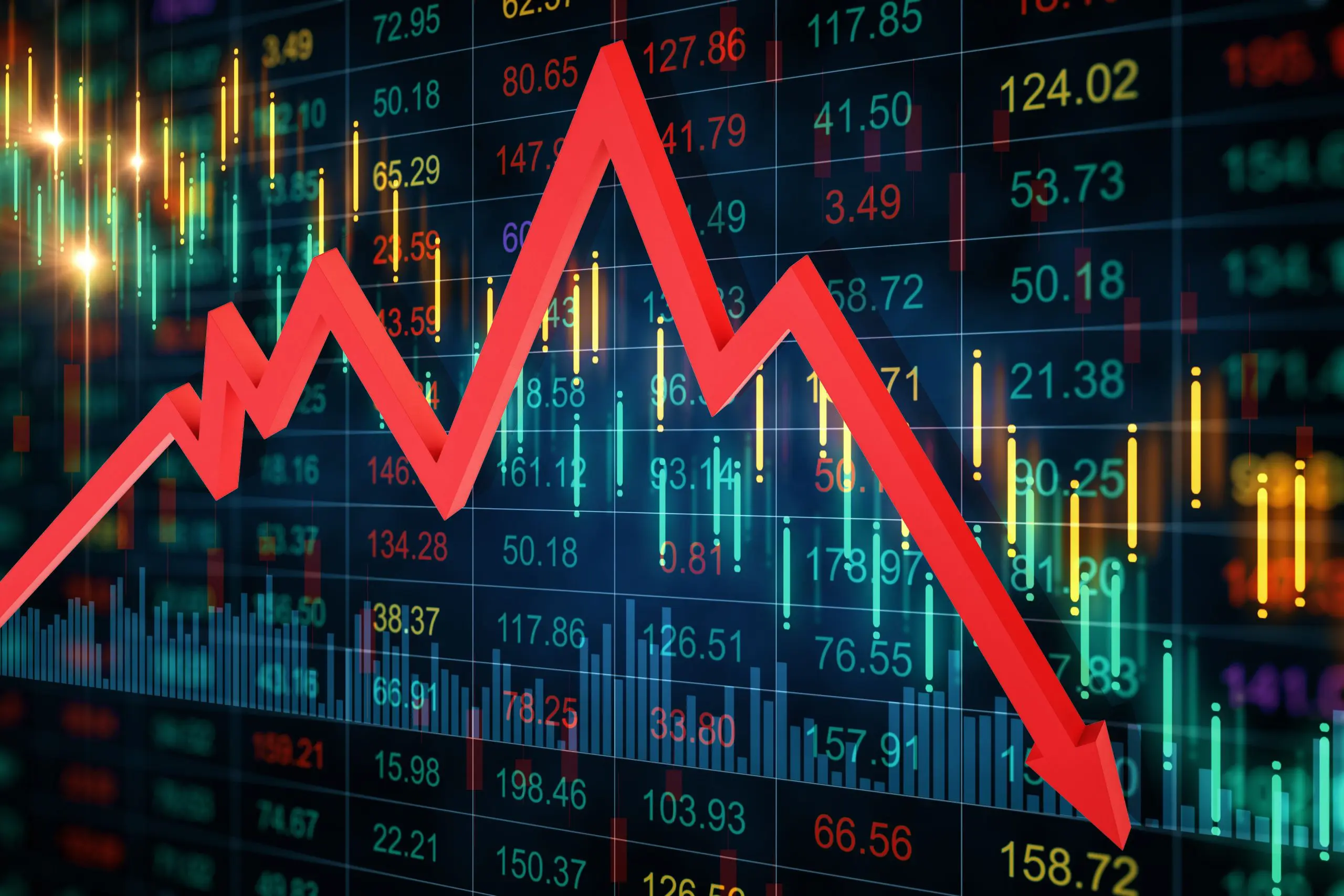It’s been a rough ride. The Dow and Nasdaq fall and rise double digits daily, inflation climbed by 7.9% through February, and filling your car’s gas tank is 50 percent higher than it was just a few weeks ago. The war in Ukraine and the increasing sanctions on Russia only add to the uncertainty and volatility.
Investors are understandably nervous, as they were during the COVID correction of 2020 and the Great Recession of 2008. After three years of bullish markets – the S&P rose 29 percent in 2019, 16 percent in 2020, and 27 percent in 2021 – many investors are sweating over a potential bear market (marked by prices falling 20 percent or more from recent highs).
So, what should you do (and not do)? EKS Associates offers the following advice:
- Keep your short-term cash needs out of the market. Not having to sell stocks during a downturn to fund your cash needs is a significant determinant of long-term success. Know your cash needs for the next 2-3 years and make sure the money will come from your bond or cash portion of your portfolio.
- Put it into perspective. Market corrections are not unique. Since World War II, there have been 27 corrections with an average decline of about 14 percent. The average length of a bear market is slightly less than one year. This too shall pass.
- Don’t panic. The worst thing you can do is act rashly by selling low and locking in your losses. Even if you’re retired or heading into retirement, now is not the time to act impulsively. If you haven’t sold, you haven’t lost anything.
- Consider making minor changes. Don’t adjust your portfolio out of fear. However, this may be a good time to rebalance your portfolio if your risk tolerance has changed or if your portfolio’s asset allocation differs from what you originally intended. Speak with your financial planner to discuss this.
- Don’t be paralyzed. Stock market corrections can quickly turn around. You don’t want to be sitting on the sidelines when they do. Studies have shown that investors who miss the top ten trading days over 20 years – which has often followed some of the worst trading days, often during a correction – have seen their returns fall by almost half compared to those who stayed invested.
When many investors are understandably nervous about the volatility, now is a good time to take a deep breath. Connect with your financial planner to discuss your needs and concerns.



